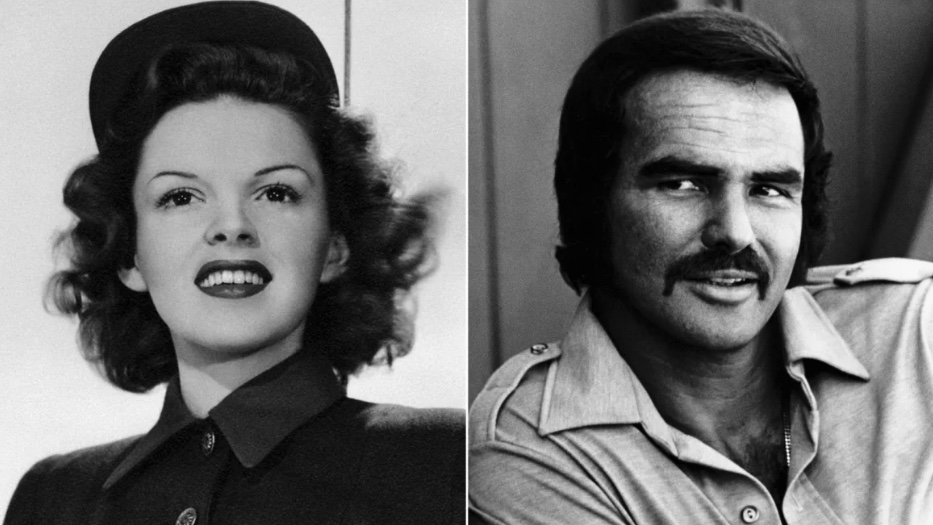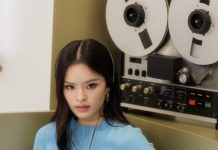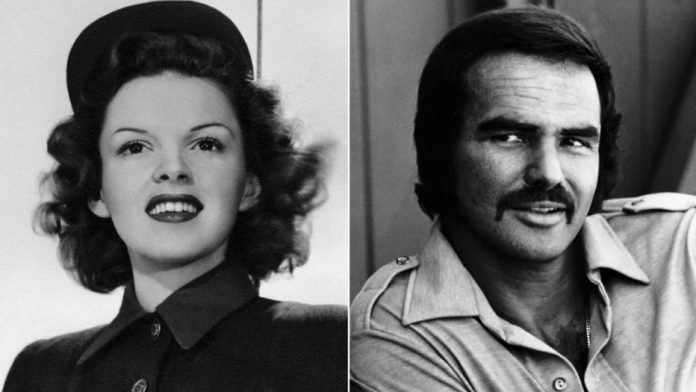ถึงแม้ว่านักแสดงหญิงJudy Garlandไม่เคยบันทึกเสียงหนังสือเสียงเรื่อง *The Wonderful Wizard of Oz* แต่ในไม่ช้าผู้คนก็จะได้ยินบทประพันธ์นวนิยายคลาสสิกของเธอ เมื่อต้นสัปดาห์ที่ผ่านมา บริษัท AI ElevenLabs ได้ประกาศว่าจะนำเสนอเสียงพากย์ของคนดังที่เสียชีวิตในรูปแบบดิจิทัล รวมถึง Judy Garland, James Dean และ Burt Reynolds ในแอป Reader ใหม่ แอปแปลงข้อความจากบทความ หนังสืออิเล็กทรอนิกส์ และแหล่งข้อมูลอื่นๆ ให้เป็นเสียงบรรยาย ElevenLabs ระบุว่าได้ทำข้อตกลงกับทรัพย์สินของนักแสดงที่เกี่ยวข้อง แม้ว่ารายละเอียดเกี่ยวกับการชดเชยจะไม่ถูกเปิดเผยก็ตาม การพัฒนานี้ตอกย้ำศักยภาพของ AI ในฮอลลีวูด และทำให้เกิดคำถามสำคัญเกี่ยวกับการออกใบอนุญาตและการทำงานร่วมกับนิคมอุตสาหกรรม
สิ่งนี้ได้จุดประกายให้เกิดการถกเถียงในสาขาต่างๆ เช่น วารสารศาสตร์และภาพยนตร์เกี่ยวกับการใช้AI ก่อนหน้านี้ ElevenLabs เผชิญกับความขัดแย้งเมื่อเครื่องมือสร้าง robocall ปลอมจากประธานาธิบดี Joe Biden สิ่งนี้เป็นไปตามการวิพากษ์วิจารณ์ของ OpenAI ที่ใช้เสียงสังเคราะห์ที่คล้ายคลึงกับตัวละครของ Scarlett Johansson จาก *Her* แม้ว่าเธอจะปฏิเสธที่จะเป็นหุ้นส่วนกับบริษัทก็ตาม แม้ว่าเสียงจะไม่มีลิขสิทธิ์ แต่การบันทึกที่ใช้ในการฝึก AI ได้รับการคุ้มครองโดยลิขสิทธิ์ ตามที่ David Gunkel ศาสตราจารย์ด้านการสื่อสารของ Northern Illinois University กล่าว
แม้ว่าเสียงของบุคคลจะไม่สามารถมีลิขสิทธิ์ได้ แต่การบันทึกเสียงนั้นก็สามารถทำได้ ตามที่ David Gunkel จาก Northern Illinois University กล่าว ระบบ AI ได้รับการฝึกอบรมเกี่ยวกับการบันทึกที่มีลิขสิทธิ์ดังกล่าว Scarlett Johansson วิพากษ์วิจารณ์แชทบอทของ OpenAI ที่เลียนแบบเสียงของเธอ Gunkel ตั้งข้อสังเกตว่าความร่วมมือของ ElevenLabs นั้นได้รับอนุญาตตามกฎหมาย คล้ายกับการออกใบอนุญาตเพลงยอดนิยม Bern Elliot จาก Gartner กล่าวว่าตอนนี้ AI ต้องการการบันทึกน้อยลงเพื่อจับลักษณะเสียงร้อง บริษัทสื่อต่างๆ กำลังเพิ่มการใช้ AI สำหรับการพากย์เสียง โดย NBC กำลังวางแผนสร้าง Al Michaels นักพากย์กีฬาในเวอร์ชันที่สร้างโดย AI ผลกระทบและความถูกต้องของเสียงที่สร้างโดย AI ยังคงไม่แน่นอน แต่มีความสนใจในหนังสือเสียงที่คนดังอ่านเพิ่มมากขึ้น
Estates of Hollywood stars consent to the use of their voices through AI.

Actress Judy Garland never recorded an audiobook of *The Wonderful Wizard of Oz*, yet people will soon be able to hear her rendition of the classic novel. Earlier this week, AI company ElevenLabs announced that it will feature digitally produced voice-overs of deceased celebrities, including Garland, James Dean, and Burt Reynolds, on its new Reader app. The app converts text from articles, e-books, and other sources into voice-overs. ElevenLabs stated it has secured agreements with the estates of the actors involved, although details about compensation were not disclosed. This development underscores AI’s potential in Hollywood and raises important questions about licensing and working with estates.
This has sparked debates in fields like journalism and film about the use of artificial intelligence. Earlier, ElevenLabs faced controversy when its tool created a fake robocall from President Joe Biden. This follows criticism of OpenAI for using a synthetic voice similar to Scarlett Johansson’s character from *Her*, despite her refusal to partner with the company. While voices themselves aren’t copyrightable, the recordings used to train AI are protected by copyright, according to David Gunkel, a communications professor at Northern Illinois University.
While a person’s voice cannot be copyrighted, recordings of it can be, according to David Gunkel of Northern Illinois University. AI systems are trained on such copyrighted recordings. Scarlett Johansson has criticised OpenAI’s chatbot for mimicking her voice. Gunkel notes that ElevenLabs’ partnerships are legally permissible, similar to licensing popular music. Bern Elliot from Gartner says AI now needs fewer recordings to capture vocal traits. Media companies are increasing their use of AI for voiceovers, with NBC planning an AI-generated version of sportscaster Al Michaels. The impact and authenticity of AI-generated voices are still uncertain, but there is growing interest in celebrity-read audiobooks.
By CNN NEWS

















